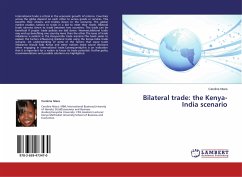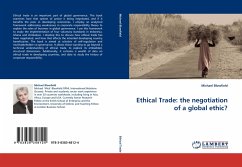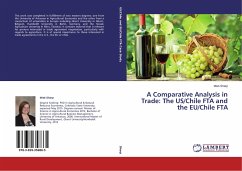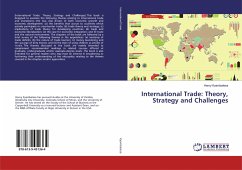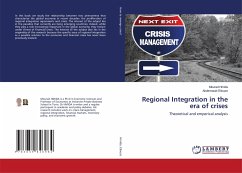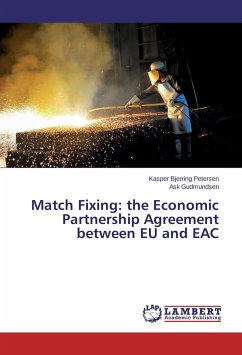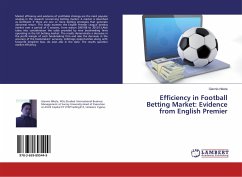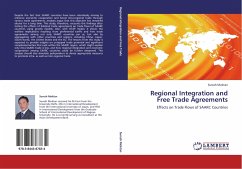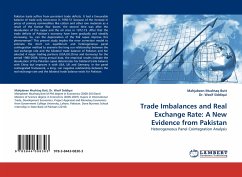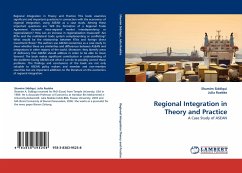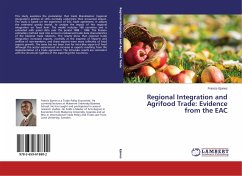
Regional Integration and Agrifood Trade: Evidence from the EAC
Versandkostenfrei!
Versandfertig in 6-10 Tagen
36,99 €
inkl. MwSt.

PAYBACK Punkte
18 °P sammeln!
This study examines the postulation that trade liberalization (regional integration) policies of LDCs normally undermine their presumed impact. The study is based on the experience of EAC trade agreement. It adopts the extended gravity model, to analyze the impact of this regional integration on food item. The model includes 168 countries and is estimated with panel data over the period 1988 - 1996. The Poisson estimation method took into account unobserved trade data characteristics of the bilateral trade relations. The results show that regional trade integration increased exports, normally ...
This study examines the postulation that trade liberalization (regional integration) policies of LDCs normally undermine their presumed impact. The study is based on the experience of EAC trade agreement. It adopts the extended gravity model, to analyze the impact of this regional integration on food item. The model includes 168 countries and is estimated with panel data over the period 1988 - 1996. The Poisson estimation method took into account unobserved trade data characteristics of the bilateral trade relations. The results show that regional trade integration increased exports, normally at the expense of imports and welfare of non-members, and these exports were more reflective of food exports growth. The same has not been true for intra-bloc exports of food although the sector experienced an increase in exports resulting from the implementation of a trade agreement. The intra-bloc results are consistent with the structural rigidities of the exporting EAC Countries.



